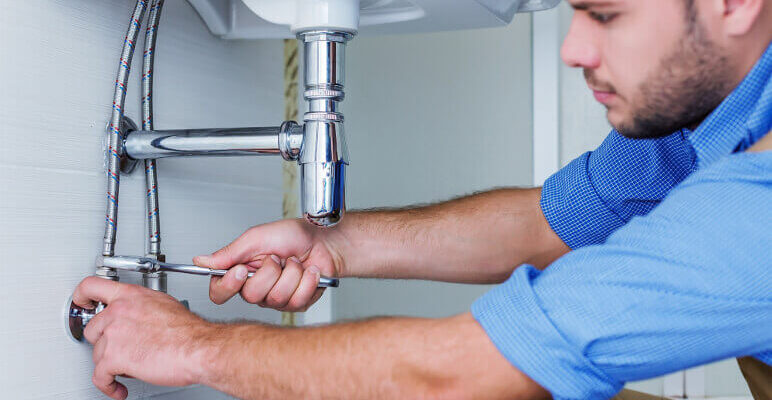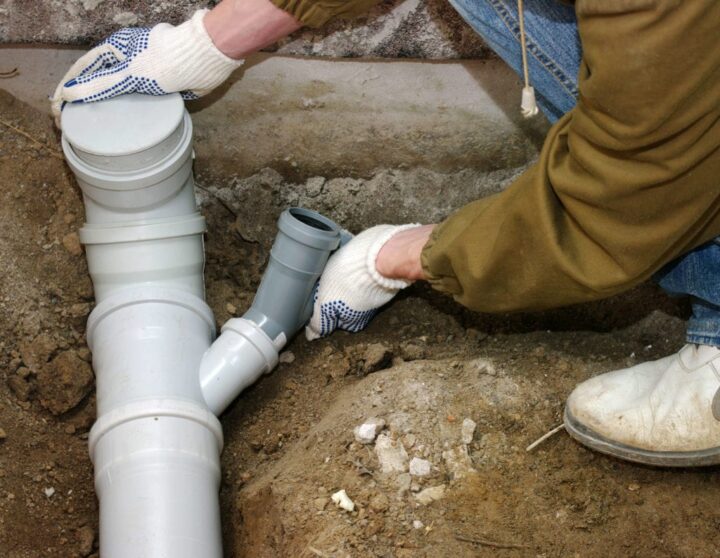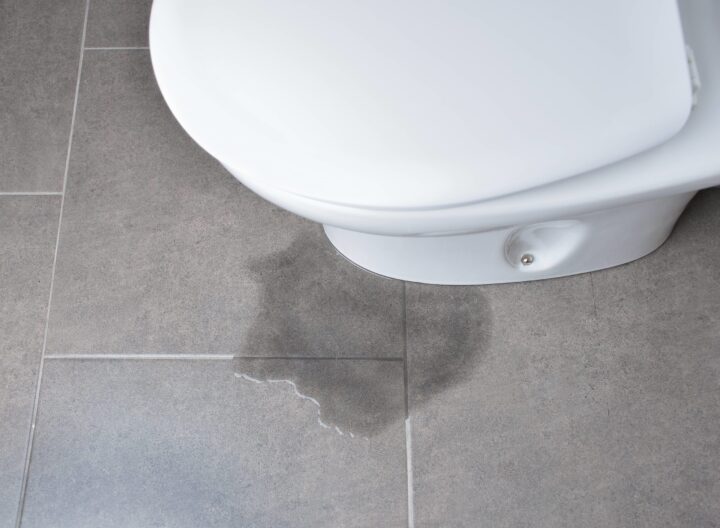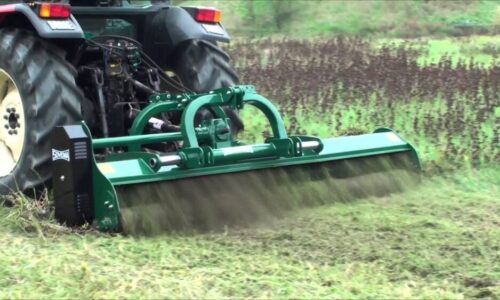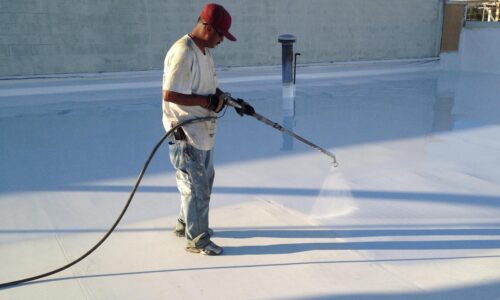Your home’s plumbing is a significant factor in its overall value, not to mention your safety. Leaks can cause costly damage to roofs, walls, and floors, as well as invite mold and other health risks. Without adequate maintenance, you may be headed for expensive repairs. Preventative maintenance for your home’s plumbing system can save you a lot of headaches down the line. Catching potential problems early avoids the cost of costly repairs and big water bills. Plus, it helps to prevent mold, mildew, and other damage to your home.
The best way to protect yourself from plumbing dilemmas is by taking preventative measures. We’ve put together eight tips on how to manage common plumbing emergencies and how to be proactive in preventing them.
Don’t Let Your Drains Clog

A clogged drain is a common household issue that can be resolved with natural products before resorting to chemical ones. Hot water, vinegar, and baking soda concoction can work wonders on unclogging drains and restoring your water flow back to normal. Alternatively, enzyme cleaners from your local plumber or hardware store can do the job too. It’s best to use either of these solutions at least once a month as a preventive measure or whenever you witness slower water drainage in your sinks or showers. However, if these methods fail to fix the problem, you should call a professional plumber for assistance.
Make A Supervision Plan.
Having a professional inspection or performing regular preventive maintenance is an important part of maintaining a healthy plumbing system. A standard guideline suggests inspection every two years for newer systems, while older homes may require more frequent inspections and tune-ups. To ensure potential issues are spotted in advance, three distinct inspection periods should be included in the plan: annually, quarterly, and monthly.
Annual examinations typically involve camera-scoping sewer drains, flushing water heaters, and checking the pressure of the water. Pressure should generally stay within 40 to 70 PSI (pounds per square inch). Any readings that exceed 80 PSI can cause harm to fixtures, seals, and appliances and eventually result in leaks – considered a code violation in most jurisdictions. It’s essential to address high psi reading quickly as it could affect home selling prospects if discovered by a home inspector in the future.
Inspect Regular For Leaks
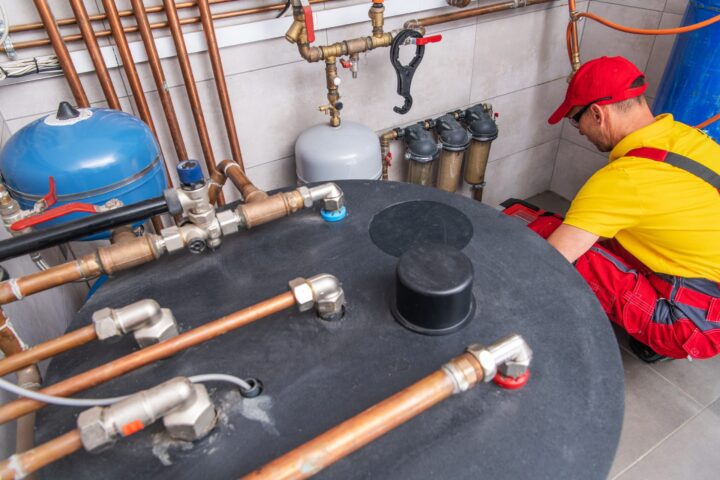
It pays to monitor your pipes, sinks, appliances, and other exposed areas around the home for signs of cracks, brittleness, or leaking. A small leak can add up to a large amount of wasted water over time, potentially causing serious damage in homes that are left unchecked.
To help protect from these leaks, install a water leak detector that monitors the flow rate, pressure, and usage; many detectors can even shut off your water supply automatically if they detect a problem. Some may require professional installation, but others you can install yourself. And be sure to check with your insurance company for any possible partnerships with manufacturers that could offer discounts or savings on these devices – you may even be eligible for a premium discount!
Take Care When Disposing Of Garbage
A garbage disposal is a great convenience for most homeowners, but its use must be restricted to certain items. Never put fibrous foods, uncooked starches, coffee grounds or eggshells in the disposer, as these can create immediate problems and clog the machine’s inner workings. Fruit pits, bones, and other hard items can also damage the blades and present difficulty when removing them. It’s important to remember that grease should never be put down the disposer either; it cools quickly and binds together in your home plumbing, creating dangerous and costly clogs down the road.
Keep An Eye On Your Sewer Drains
When it comes to sewage systems, efficiency and regular maintenance are essential. Homes can choose either a septic tank or a sewer line connection, depending on where the home is located. Septic tanks allow wastewater to be treated on-site while sewer lines link to the city’s water system. To avoid plumbing problems from arising, schedule maintenance at least once a year. A professional plumber will help with minor issues that have become substantial problems. This preventive measure saves money and energy in the long run.
Inspect Water Pressure Regularly
Good water pressure regulation is essential to maintaining water quality and protecting plumbing in the home. Too high or too low pressure can cause problems, as it takes longer to do simple activities such as showering when levels are low, while higher levels may cause pipes to burst or leak. Measuring carefully with a pressure gauge and installing a pressure regulator can help ensure efficient use of water that keeps bills reasonable by avoiding excessive usage.
During The Changing Seasons, Turn Off Outdoor Fixtures
It’s important to remember to shut off your outdoor fixtures and pipes seasonally. During cold weather, it’s best practice to disconnect the water supply for faucets, hoses, and sprinkler systems before freezing temperatures arrive. You should also drain pipes and insulate them if feasible. In some locations where winters are especially cold, a sprinkler winterization procedure may be necessary; this should involve blowing out any remaining water in the system.
Make Sure The Toilet Is Leak-Free
Your toilet could be experiencing a slow or hidden water leak, even when no signs are evident. A thorough check now and then is recommended to prevent further complications. To check for signs of a leak, look around the base for pooling water on the floor or underneath the tank, and tighten the floor and tank bolts if needed. Another method is placing two teaspoons of food coloring in the tank and allowing it to sit for about half an hour; if when you return, any color shows up in the bowl, you likely have a leaking flapper or another part has failed. Promptly address these problems with adequate repairs to avoid more water damage issues.
Conclusion
Maintaining your plumbing system is key to avoiding plumbing nightmares and guaranteeing the long-term safety of your home. Following proactive measures such as regular inspections, leak detection, drain upkeep, temperature regulation, and water pressure monitoring can help prevent plumbing disasters before they occur – saving time and money. Additionally, taking simple precautions during seasonal transitions is essential for helping stave off problems – like freezing pipes in cold weather! All these practices can protect homeowners from costly repairs, water waste or damage, and possible health risks. Investing in preventive maintenance now is a smart move that will safeguard your investment later on down the road.

